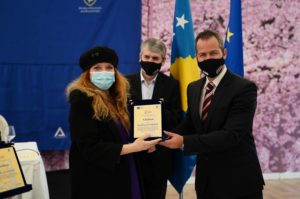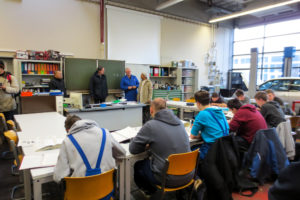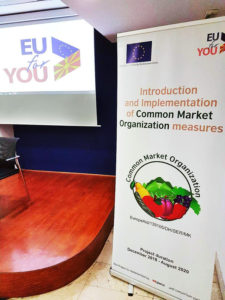
Technical Assistance for Promoting Youth Employment
The participation of young people in the labour market is a challenging topic for every country. To increase the employability and entrepreneurship of young people, one needs to attract and retain more people in employment by promoting youth employment and decreasing the unemployment rate of young people. Within

EU Support for the Competitiveness of Kosovo’s ICT Sector
This initiative’s overall objective is to enhance the competitiveness of Kosovo’s digital and traditional businesses by supporting the growth of Kosovo’s Information and Communication Technology (ICT) sector, paving the way for growth and new job creation. The project aims to bridge the digital and business skills gap in

Skills Development and Innovation Support Project
The labour market demands quick responses to changes in the market and the demographic situation. Within this scope, the assignment aimed to provide technical assistance to the Government of Macedonia and the Ministry of Education and Science (MOES) to reform the 4-year Secondary Technical and Vocational Education and

Technical Assistance for Promotion of Life Long Learning (LLL)
Experts say that education is a life-long journey, and there is a need to promote the development and implementation of coherent and comprehensive strategies for life-long learning. In this regard, this project aimed to establish an institutional framework and capacity within LLL perspectives in line with EU practices

Implementation of Common Market Organisations (CMO) in the Former Yugoslav Republic of Macedonia
The project’s overall objective is to increase marketing opportunities, economic development and overall productivity in the agricultural sector of North Macedonia while improving competitiveness of the agriculture sector in the country in line with EU accession requirements.

Technical Assistance for Border Enforcement of Intellectual Property Rights (IPR) for Modernization of Turkish Customs Administration VIII
It is essential to modernize customs legislation and practices in line with the EU standards for proper and effective implementation of the Union Customs Code. In this context, the purpose of the project was to improve the administrative capacity of the Turkish Customs Administration, raise awareness and increase

